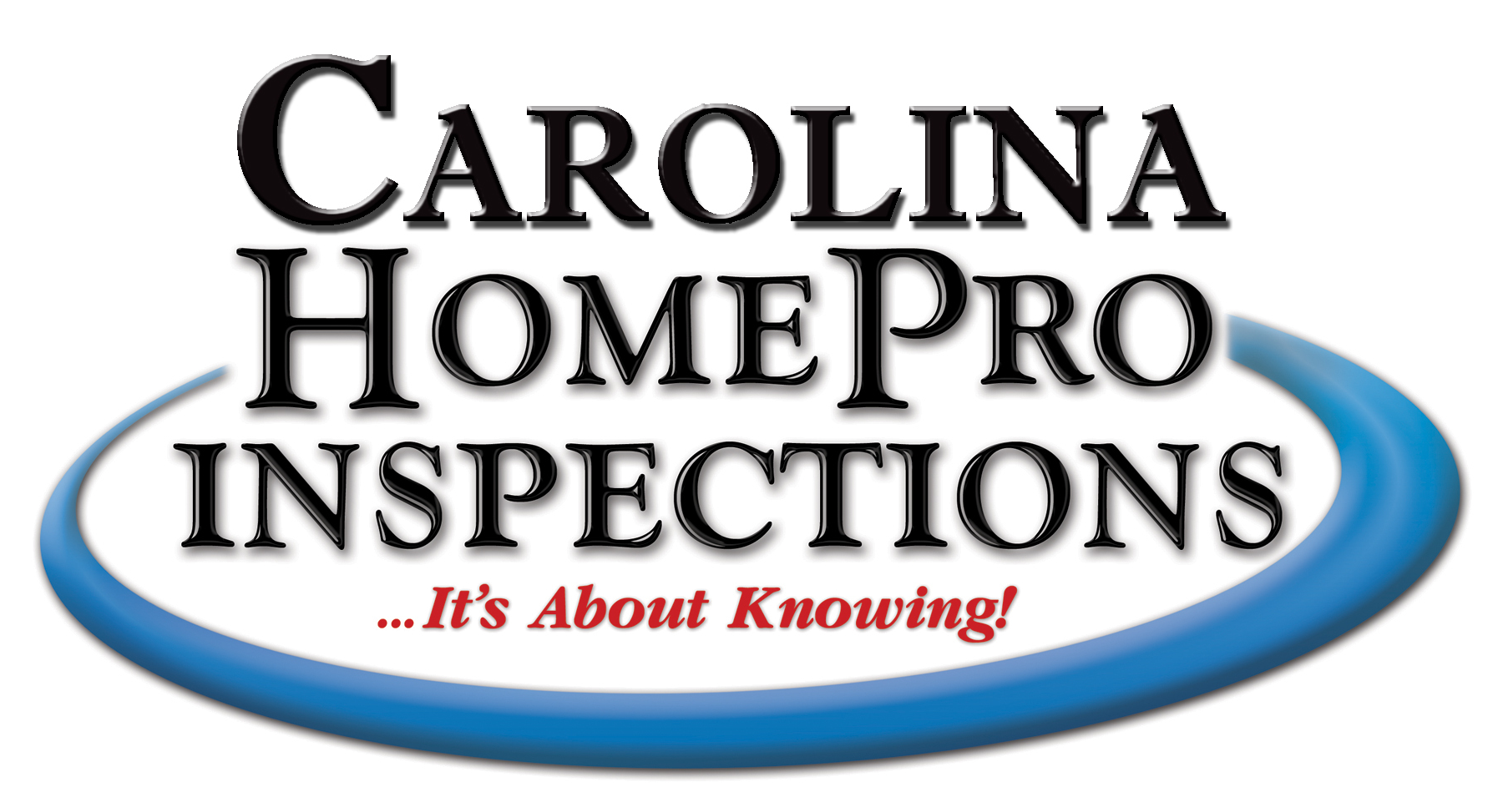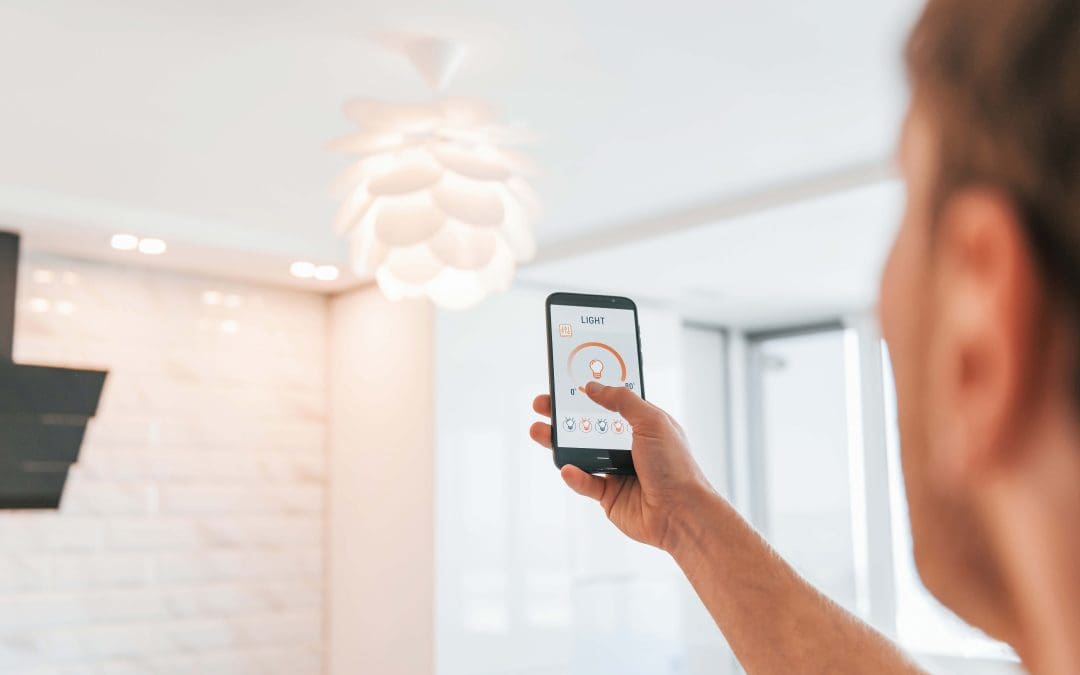Smart home technology has evolved from a futuristic fantasy into a practical, everyday convenience. Homeowners looking to boost security, save energy, and enhance comfort have countless options to explore. With so many devices and systems available, understanding the best smart home features will make upgrading a home much easier and more exciting.
Smart Security Systems for Peace of Mind
Security is one of the biggest reasons homeowners turn to smart technology. With smart locks, video doorbells, and security cameras, keeping an eye on a property has never been simpler. A smart lock allows keyless entry, remote access, and even temporary codes for guests or service providers. Video doorbells provide real-time footage and two-way audio, offering extra security when answering the door. Smart security cameras, indoors and outdoors, send alerts and record footage to deter potential threats. These features work together to create a more secure home environment that’s easy to monitor from anywhere.
Smart Home Features: Ambiance and Efficiency
Lighting plays a huge role in aesthetics and energy efficiency. Smart bulbs and switches make it easy to customize lighting to match any mood, activity, or schedule. With voice control and mobile apps, lights can be turned on, dimmed, or set to change colors without touching a switch. Some smart lighting systems even learn household habits, automatically adjusting brightness throughout the day. These features also help you save money on your energy bills by adjusting the temperature when you’re not home and adjusting settings accordingly so you’re only using energy when needed.
Smart Thermostats for Ultimate Comfort
A smart thermostat takes home comfort to the next level by learning heating and cooling preferences. These devices adjust automatically based on routines, outdoor temperatures, and occupancy, helping reduce energy waste while maintaining a comfortable environment. Many models allow remote adjustments through an app, so temperatures can be changed before arriving home or lowered while on vacation. Over time, a smart thermostat can lead to significant energy savings without sacrificing comfort.
Smart Appliances for a Hands-Free Lifestyle
From refrigerators to washing machines, smart appliances add a new level of convenience to daily chores. A smart fridge can track grocery lists, suggest recipes based on available ingredients, and even alert when food is about to expire. Smart ovens allow remote preheating, precise temperature control, and even guided cooking assistance. For laundry, smart washing machines and dryers offer cycle customization, remote monitoring, and notifications when loads are done. These features make everyday tasks easier and more efficient, giving homeowners more time to focus on what matters most.
Smart Home Hubs for Seamless Integration
A smart home hub is the central command center for all connected devices, making sure they work together smoothly. Whether it’s a voice assistant like Amazon Alexa, Google Assistant, or Apple HomeKit, having a unified control system makes smart home management effortless. With a single voice command or app, everything from security cameras to thermostats and lighting can be controlled from one place. This level of integration eliminates the need to manage multiple apps and streamlines the smart home experience.
Smart Entertainment for an Immersive Experience
Entertainment systems have also benefited from smart technology. Smart TVs come with built-in voice assistants, personalized viewing recommendations, and seamless streaming across multiple platforms. Wireless speakers and multi-room audio systems allow music to follow from room to room, controlled by voice or smartphone apps. For an even more immersive experience, smart projectors and automated home theater setups transform your living room into a cinematic experience. With the right setup, entertainment has never been more interactive and enjoyable.
Smart home technology continues to evolve, offering more ways to enhance convenience, security, and efficiency. With the right mix of features, any home can be transformed into a smarter, more connected space that simplifies life.
Smart Home Features FAQs
Do smart home devices require a Wi-Fi connection?
Most smart home devices rely on Wi-Fi to communicate and function properly. Some systems also use Bluetooth or Zigbee for connectivity, but a stable internet connection is typically necessary for remote access and automation features.
Are smart home devices difficult to install?
Many smart home devices are designed for easy DIY installation, often requiring only an app and a few minutes of setup. Some features, like smart security systems or integrated lighting, may require professional installation for optimal performance.
Are smart home devices secure from hacking?
Security is a valid concern, but taking precautions can minimize risks. Using strong, unique passwords, enabling two-factor authentication, and keeping software updated helps keep smart home devices secure.
Do smart home features increase property value?
Smart home features, such as security systems, smart thermostats, and integrated lighting, can make a property more attractive to buyers. While they may not drastically raise home value, they can be a selling point that sets a home apart from others on the market.
Carolina HomePro Inspections provides inspections to customers in Charlotte, NC, and in the Rock Hill area of South Carolina. Contact us to schedule an inspection.

